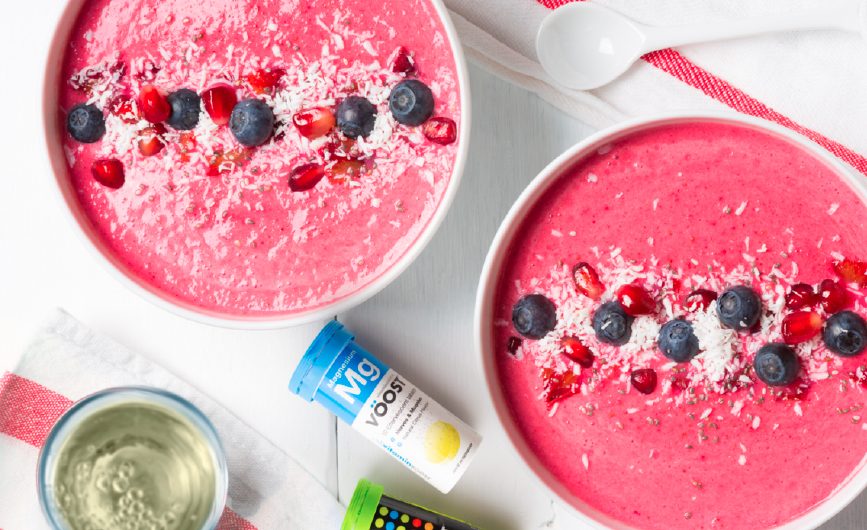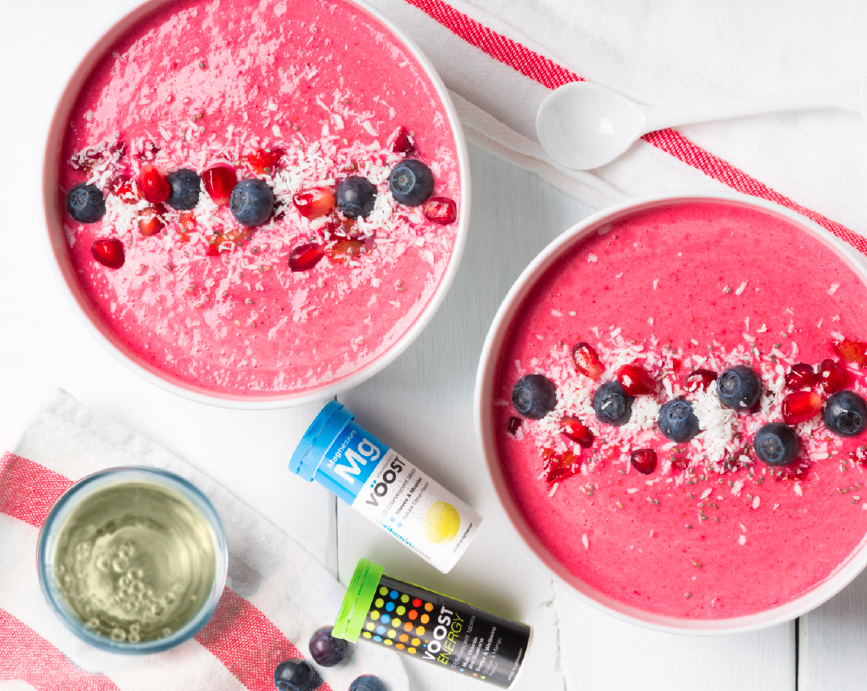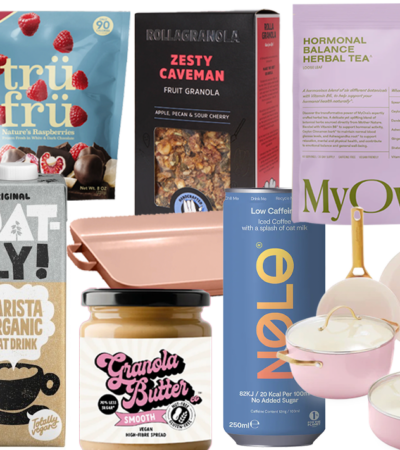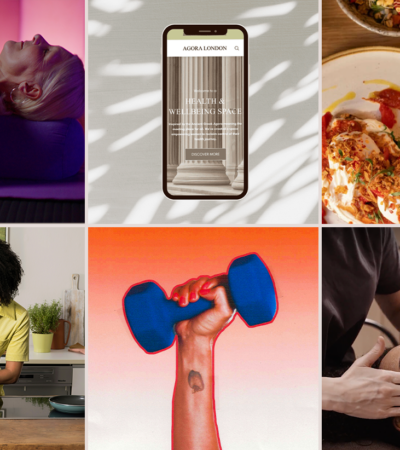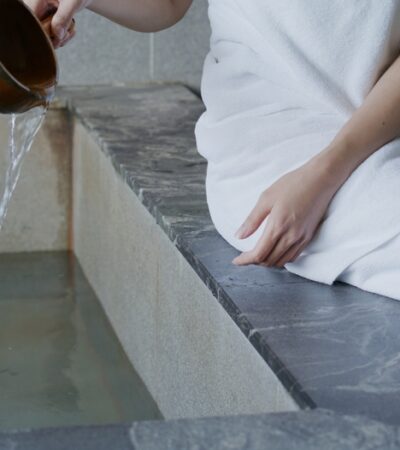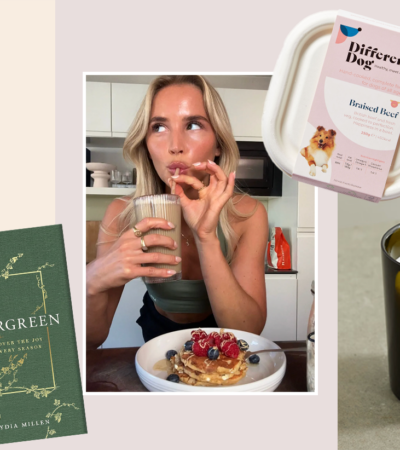Life can be hectic. Work, studying, family and friends. You need to find time to fit it all in. The thing that can get left out is you. Research carried out by VÖOST has found that 58% of women struggle to get their 5 a day with 44% of those who said that they didn’t get their 5 a day admitting it’s because they find it difficult to incorporate fruit and vegetables into their daily diet. All of this sounding familiar?
5 a Day
Whilst we try our hardest to get our 5 a day and exercise daily, other things can get in the way and make it more difficult. Life just gets busy. By eating a healthy balanced diet, you are able to get all the vitamins and minerals that your body needs, but at times when we’re busy, it can be tricky to fit it all in; vitamin and mineral supplements can help fill some of the nutritional gaps.
For example, VÖOSTs research found that 41% of Millennials say they take supplements to take control of their health and wellbeing.
Tom Siebel, Managing Director of VÖOST Vitamins and Minerals says, “You should be able to get all the vitamins and nutrients you need from a balanced diet (except for Vitamin D). A healthy balanced diet rich in vitamins, minerals and other nutrients is imperative to help our bodies function normally so we can feel at our best.”
Generally, a healthy diet consists of foods that meet all the food groups, including fat and carbohydrates, and all the essential vitamins and minerals, such as Vitamin B, Vitamin C, Magnesium, Vitamin D and Calcium.
For example, key roles of magnesium include to help release energy from food, to assist with normal muscle function, to contribute to electrolyte balance, and contributing to a reduction in tiredness and fatigue. Maintaining the right balance of electrolytes is important because it helps your body’s blood chemistry and other processes. Magnesium also works with calcium and Vitamin D to help support your bone health. Magnesium helps the parathyroid glands, which produce hormones important to bone health, to work normally. 2,3,4
Getting a Good Night’s Sleep
VÖOSTs research also found that only 23% of British women say that they regularly have a good night sleep with 39% saying that they rate their sleep as “poor” or “very poor”
Samantha Hilleard, Marketing Manager for VÖOST explains “We were keen to understand the preferences of the female consumer. Our survey shows that many women do struggle to get a good night’s sleep and looking at the scientific research, there does seem to be a link between sleep patterns and diet.”
“A number of scientific studies have shown those who sleep less are more likely to consume energy-rich foods (such as fats or refined carbohydrates), consume fewer portions of vegetables, and have more irregular meal patterns.₁ Some evidence also suggests that by sleeping at least 7 hours per night, you may be less likely to crave sweet, salty or fatty junk foods”.1
#LittleChanges
With these things in mind, VÖOST have launched a #LittleChanges campaign as they believe that women’s empowerment is the single greatest catalyst of human evolution. They want to inspire women to make a positive change to their health and well-being. It could be turning your mobile phone off by 10pm, drinking more water or spending time in the fresh air. It’s your call!
Why not join in the campaign and share a little change that women can make to improve their health, fitness or general well-being. Post your tip on Instagram using the hashtag #LittleChanges and tag @VÖOST_Uk and help spread the love!
Discover more about VÖOST by heading to www.voostvitamins.com
Source
-
http://www.sleepeducation.org/news/2016/02/08/study-links-diet-with-sleep-quality
-
http://onlinelibrary.wiley.com/doi/10.2903/j.efsa.2010.1807/epdf
-
https://www.nhs.uk/conditions/vitamins-and-minerals/others/#magnesium
-
http://onlinelibrary.wiley.com/doi/10.2903/j.efsa.2009.1216/epdf


